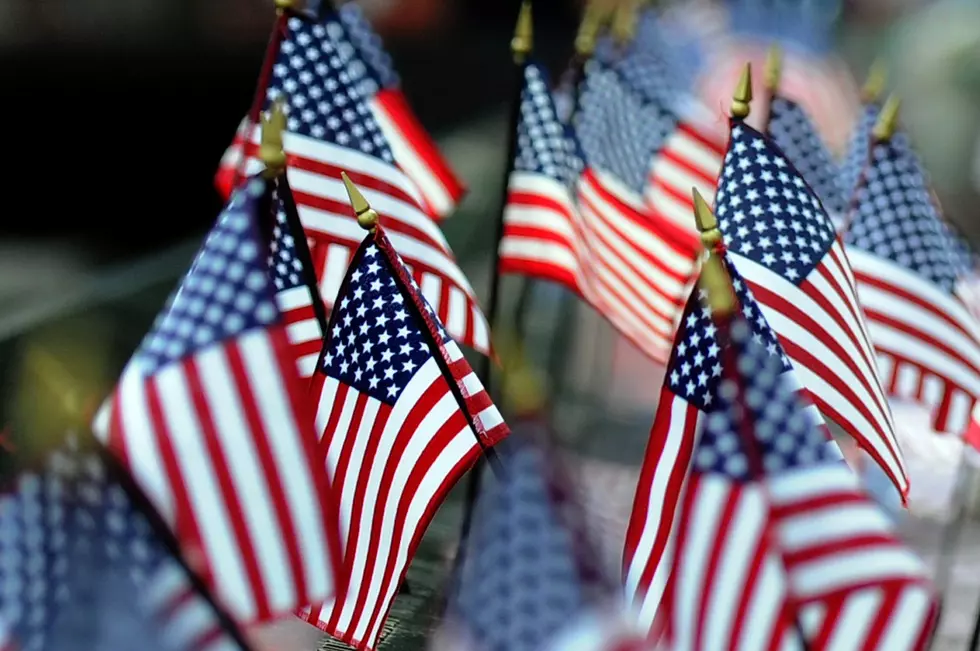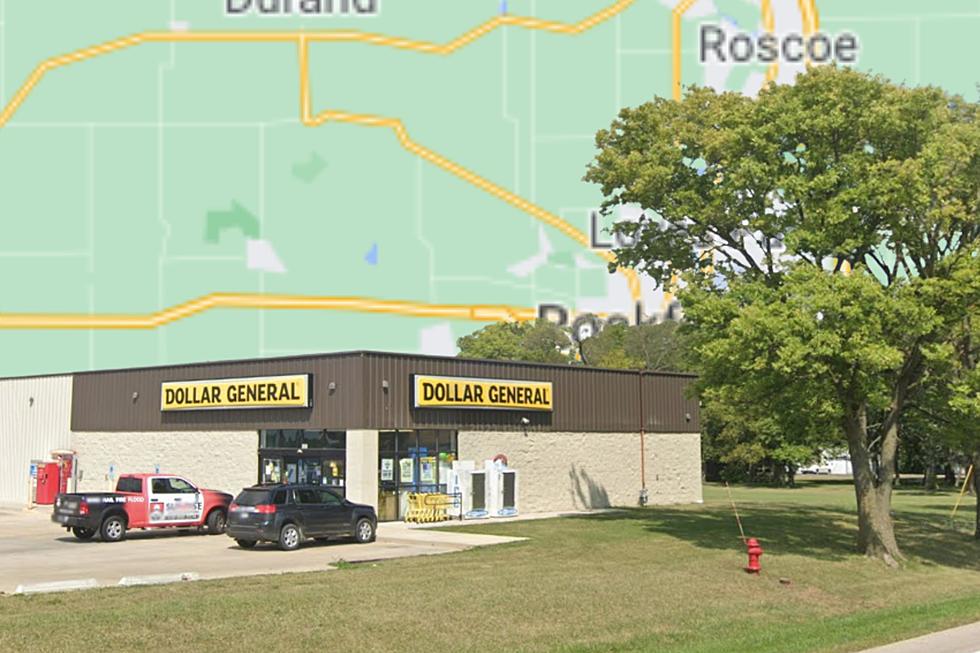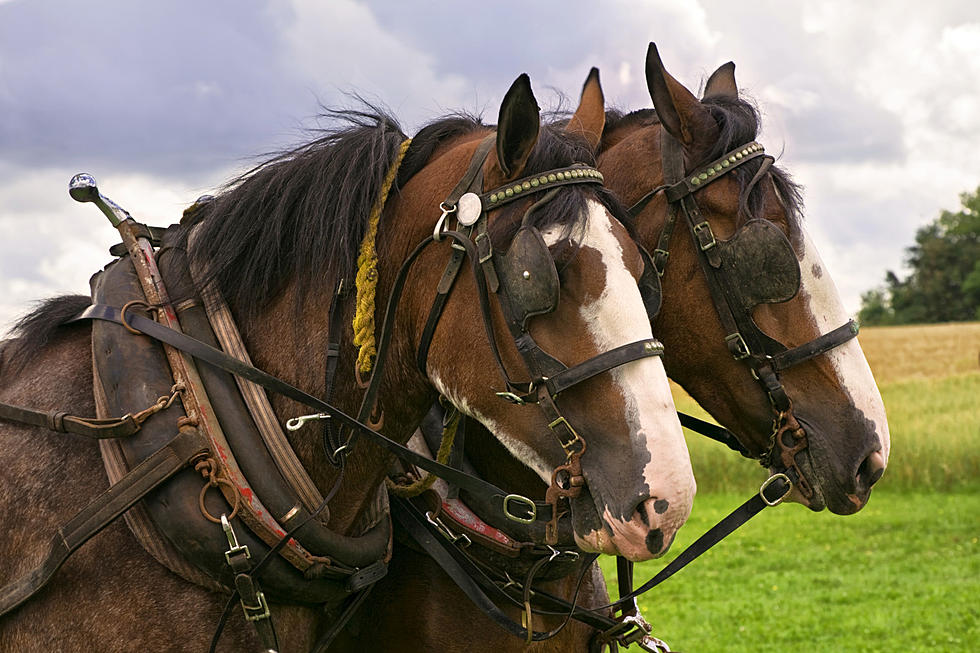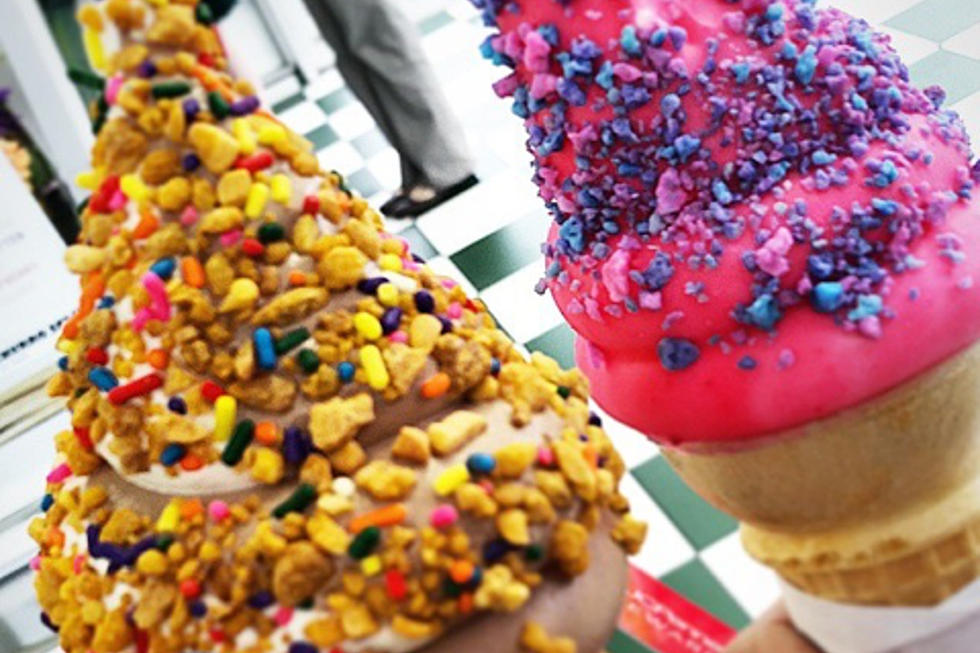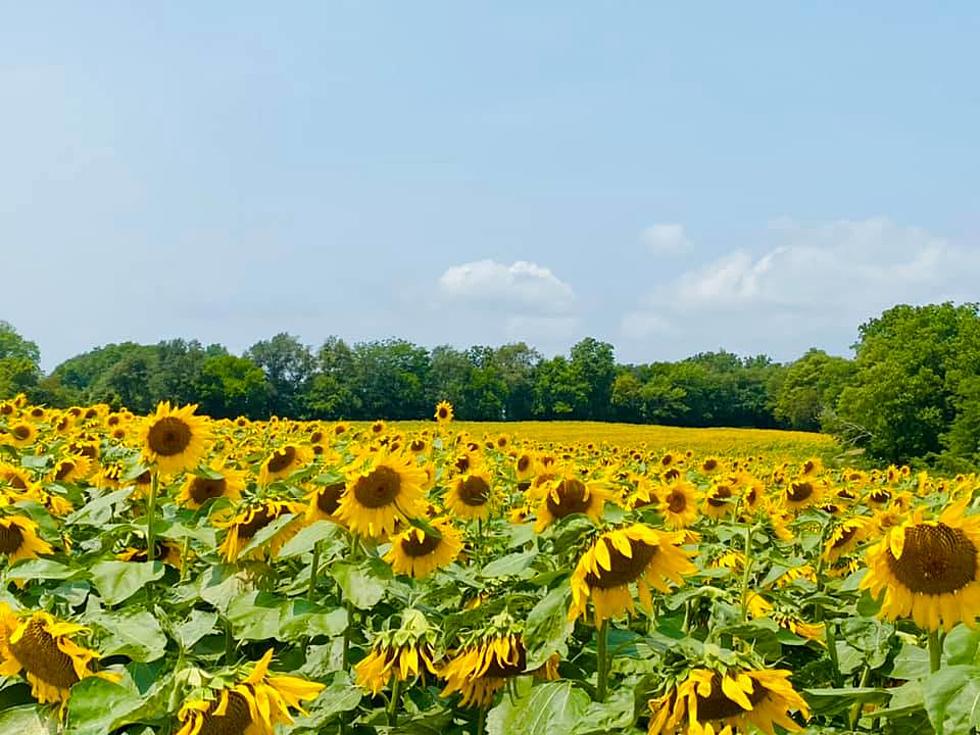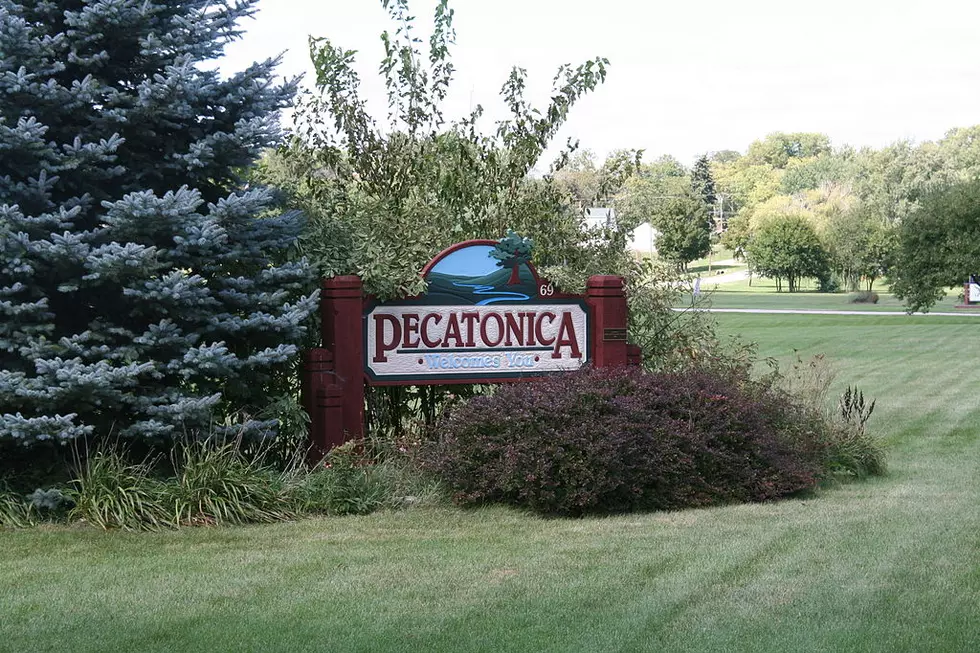
5 Cool Things You Probably Didn’t Know About Pecatonica, Illinois
Pecatonica is home to much more than music festivals, motor sports, auto and trade shows, antique markets, and the Winnebago County Fair. Test your knowledge.
- Wacky badger via Flickr
Wacky badger via Flickr 1Pecatonica wasn't always called that
First referred to by Indian settlers as peeketolika, meaning crooked river. Pecatonica also has origins from the combination of two Algonquin words; Bekaa (or Pekaa in some dialects) which means slow, and Niba which means water, forming the word Bekaaniba or Slow Water. The Pecatonica River forms Pec's northern border.
- Getty Images
Getty Images 2Village was originally owned by Indians
In 1845, President James K. Polk deeded just over 56 acres of 'Indian Territory', what is now downtown Pecatonica, to the Reed family. Dan and wife Polly Reed, who referred to the town as Peckatonick, are credited as having laid out the towns roads and lots.
- Thinkstock
Thinkstock 3Pecatonica was sold for $1500
In 1852, the Reed family sold the town for $1500 to some smart investors who heard a railroad was going to be built right through town with a water stop along the river. Those investors are responsible for the town's current name.
- Thinkstock
Thinkstock 4Railroad was responsible for boom in population
After selling the town, Dan Reed stayed and built the Pecatonica House and with partner A.J. Smith, the y built and operated a dry goods store that served railroad workers. That railroad started operations in 1853. Because of rapid growth after the railroad, Pecatonica was incorporated in 1869. The first bank opened in 1873 and by 1880, Main St. was filled with business
- Getty Images
Getty Images 5In 1900, Pecatonica was the place to get drunk
At the turn of the century, Pecatonica was the only 'wet' town in all of Winnebago County. By this time, the railroad had converted to electric streetcars and drinkers from 'dry' Rockford would come to town to quench their thirst. Officials even extended drinking hours to 9:30 p.m.
More From WROK 1440 AM / 96.1 FM
